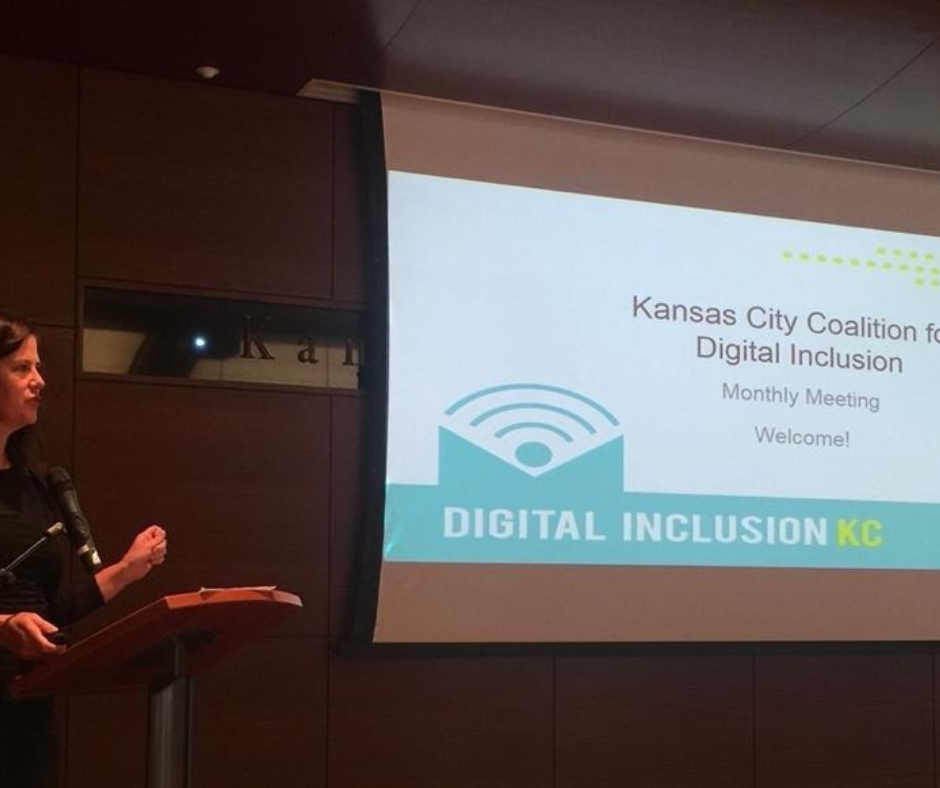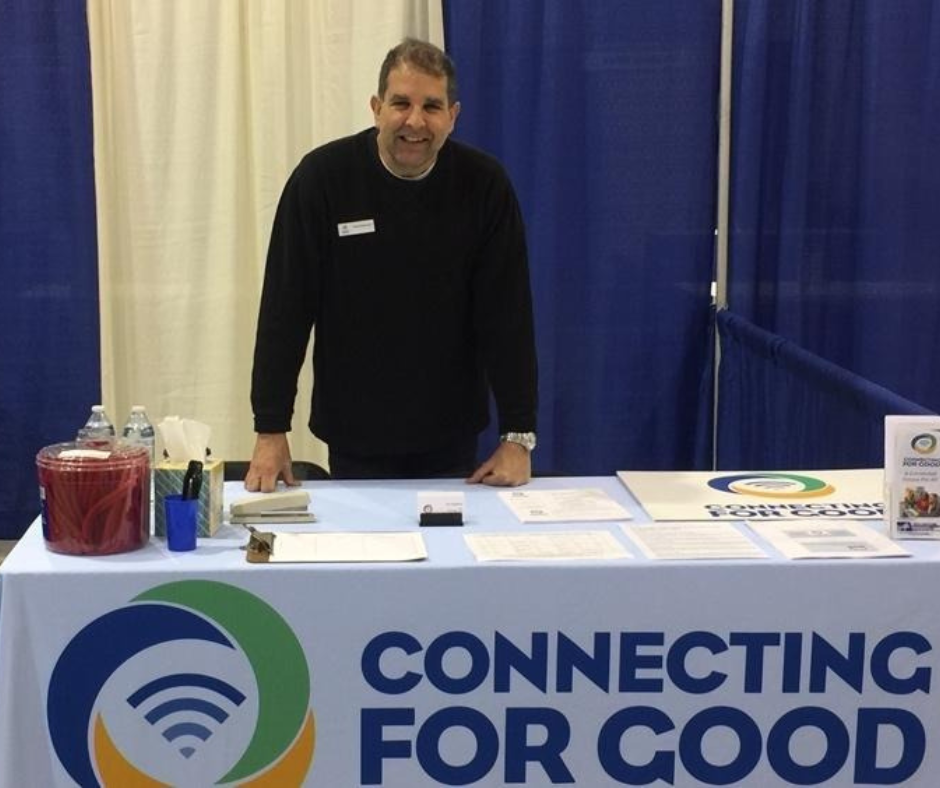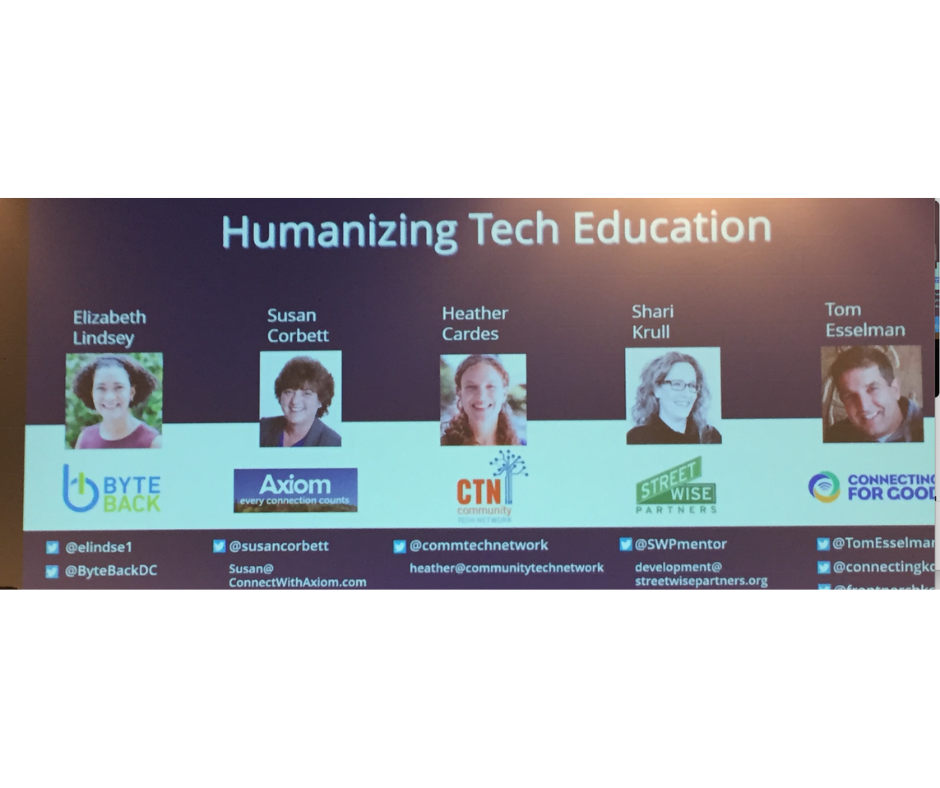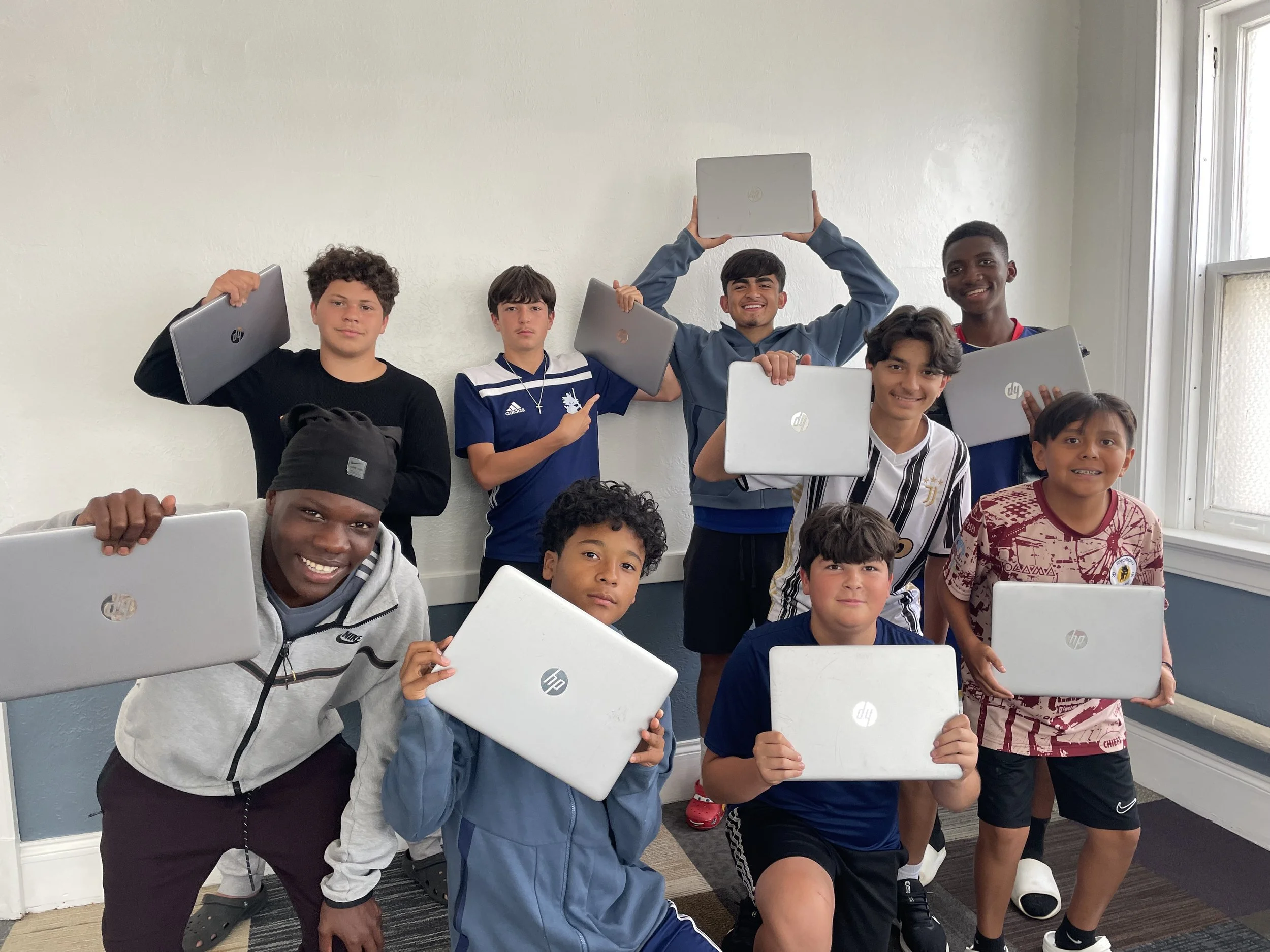
DPO-KC ORIGINS
As early as 2015, Tom Esselman, currently the Executive Director of DPO-KC, was the leader of Connecting For Good, one of the founding organizations of the Kansas City Coalition for Digital Inclusion. The Coalition was founded on the principle that, to close the digital divide, each organization had a role to play in sharing its work, its outcomes, its needs and its challenges in the digital inclusion space.
During this pre-Covid era, the Coalition was effective for networking and information-sharing; but there was little social or emotional attachment to the issues of the digital divide throughout society in general. With the onset of the pandemic, digital equity quickly became emotionally attached to health outcomes. Connecting For Good merged with PCs for People in 2020, and Esselman kept the organization open every single day throughout the ordeal to ensure that services were provided to those needing reliable internet, computers and tech support.
During the two years following the Covid outbreak, dozens of new organizations sprung up to capitalize on millions of dollars of funding support, and the sudden global awareness and social acknowledgement of the gravity of the digital divide; but the KC Coalition, and its host organization, the Kansas City Public Library, stayed committed to its leadership role in reinforcing to the broader community why digital equity is so vital for overall community health outcomes.
Esselman left PCs for People in December, 2023, just as the federal government was preparing its massive Digital Equity Act grant program. No longer obligated to fundraise for a single organization, Esselman saw a new opportunity, and collaborated with colleagues from the Library and with the Mid America Regional Council (MARC) to advance a new approach to strengthening the capacity and impact of the group. The idea for DPO-KC and its Five A strategy evolved from the aspirational goal of leveraging the social awareness of the digital divide into a community effort that fostered greater collaboration and overall accountability for linking digital equity to thriving communities. Since January, 2024, when DPO-KC was formed, to the present, Esselman and DPO-KC have worked closely with the Library to reinforce its lead role in facilitating the monthly Coalition meetings in accordance with the Five A strategy: expanding the awareness of the Coalition, its network of resources, and ensuring that smaller, underrepresented community organizations have a seat at the table.
When the Digital Equity Act was cancelled in the Spring of 2025, DPO-KC shifted its focus to providing hands-on support for small organizations. These organizations need resources for internet, computers, and digital training, but lack the capacity to obtain support in competition with larger, more established organizations. To date, over 50 organizations that primarily serve low-income communities of color and rural areas have received a combination of grant-writing assistance, connections to funders, support with broadband internet and Wi-Fi networks, low-cost computer devices, and digital literacy training through the work of DPO-KC.
At the same time, DPO-KC has taken on national policy work with both the National Digital Inclusion Alliance (NDIA) and the Schools, Healthcare, and Libraries Broadband (SHLB) coalition, co-chairing a monthly policy group called Anchors for Digital Opportunity. The activities DPO-KC brings to the community allow smaller organizations to have influence over policy decisions at the local, state, and federal levels. Given the constraints placed on resources for any DEI-related work, it has become more important than ever to socialize and support the work of the local practitioners who rely on the internet, computers, and digital skills to serve low-income communities of color and rural areas.









